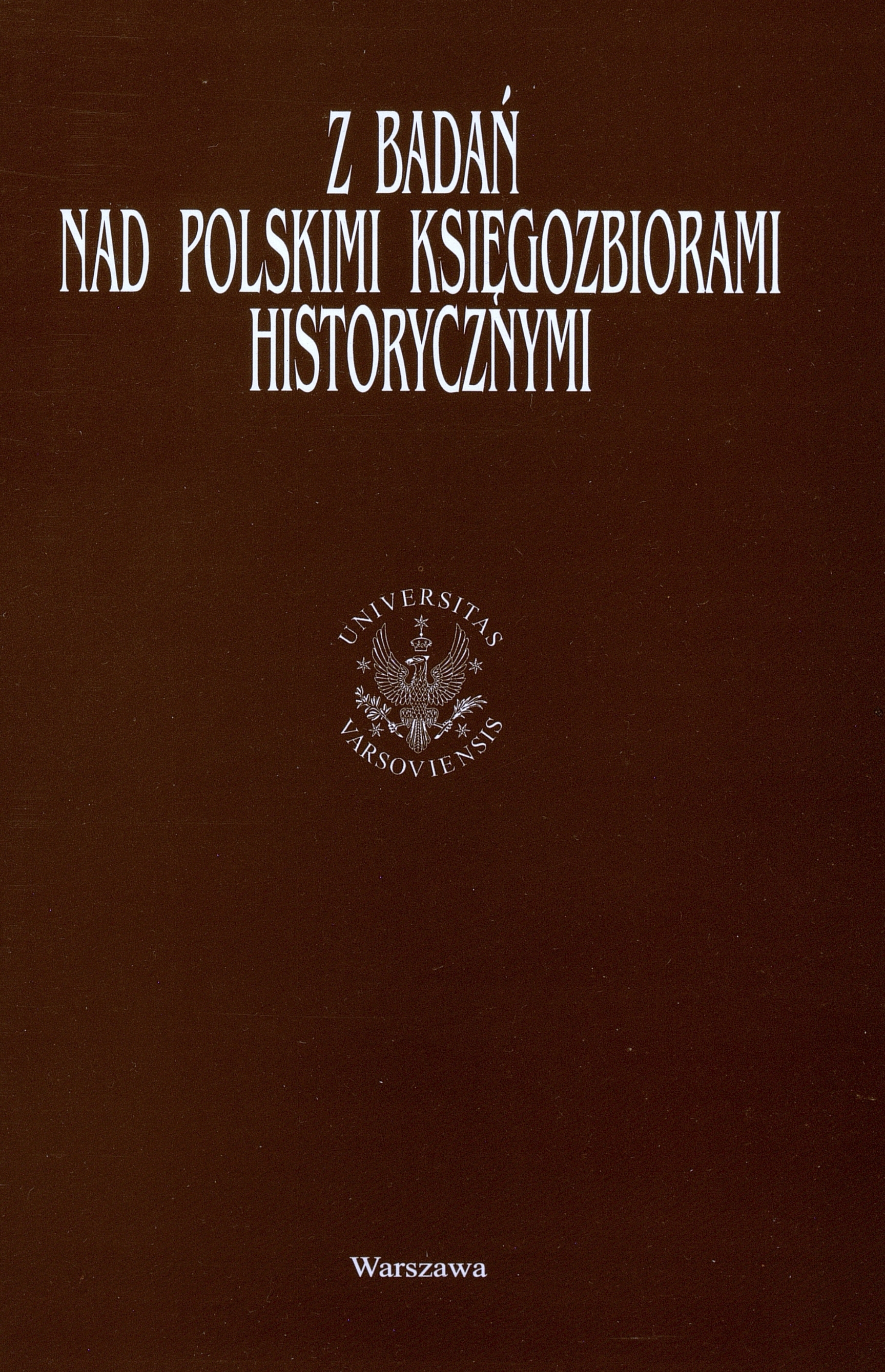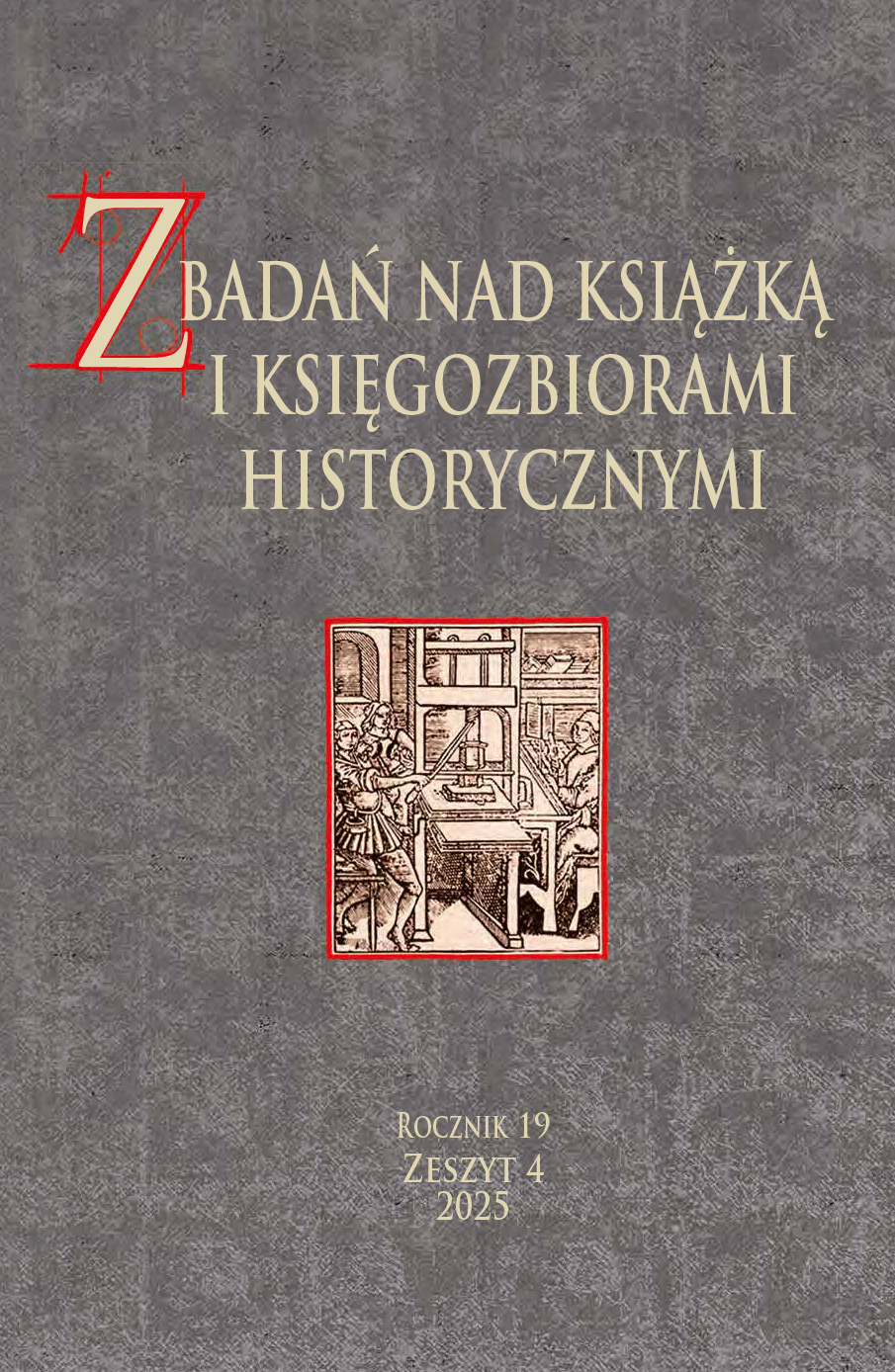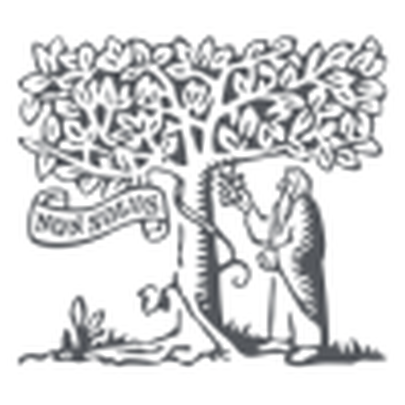Polish publishing advertising in the interwar period. A typology proposal
DOI:
https://doi.org/10.33077/uw.25448730.zbkh.2003.469Keywords:
book market, book advertising and propaganda, Poland, 1918-1939.Abstract
At the beginning the author states that publishing and bookselling companies existing in Poland in the years 1918-1939 run very diversified advertising activity, concerning both the companies themselves and their publications. She formulates a typology proposal of these activities, determining and characterising selected examples of: visual unpublished advertising (press advertising, outdoor, advertising at sales outlets), published advertising (catalogues, leaflets, backdrops, bulletins, etc.); audio and audiovisual advertising (in radio and cinema theatres); other forms of advertising (fairs, exhibitions, meetings with authors); activities aimed in developing positive image of a company (attractive sales forms; free copies for the libraries, funding books as awards). The author proves that the largest publishing and bookselling companies, mostly those seated in Warsaw, with a nationwide range of activity, run in that time professional, large advertising campaigns of their book production, applied numerous advertising tools and consciously created their image as institutions acting for the benefit of education and culture.







